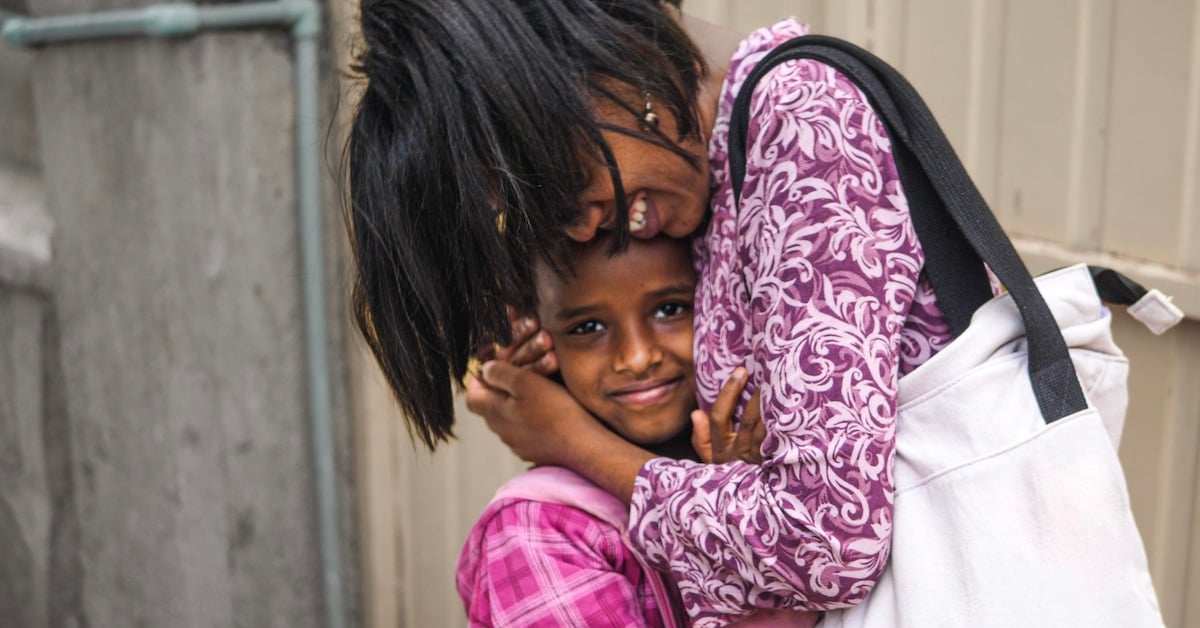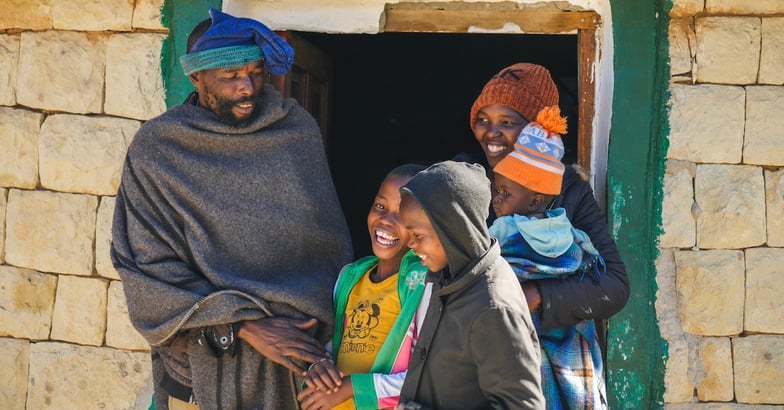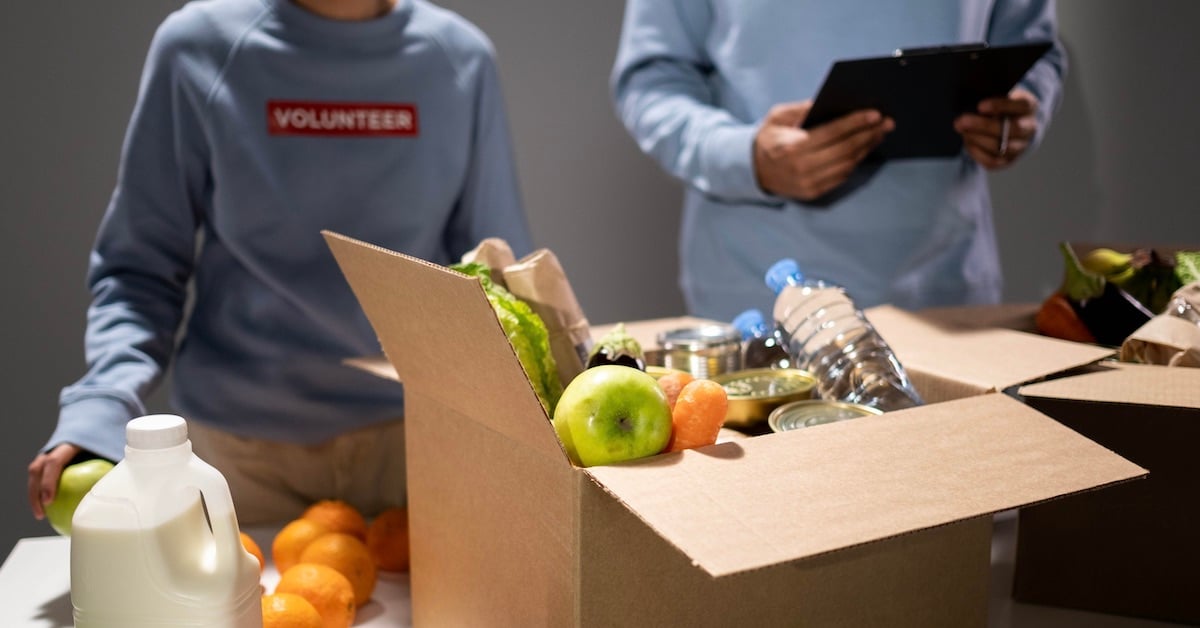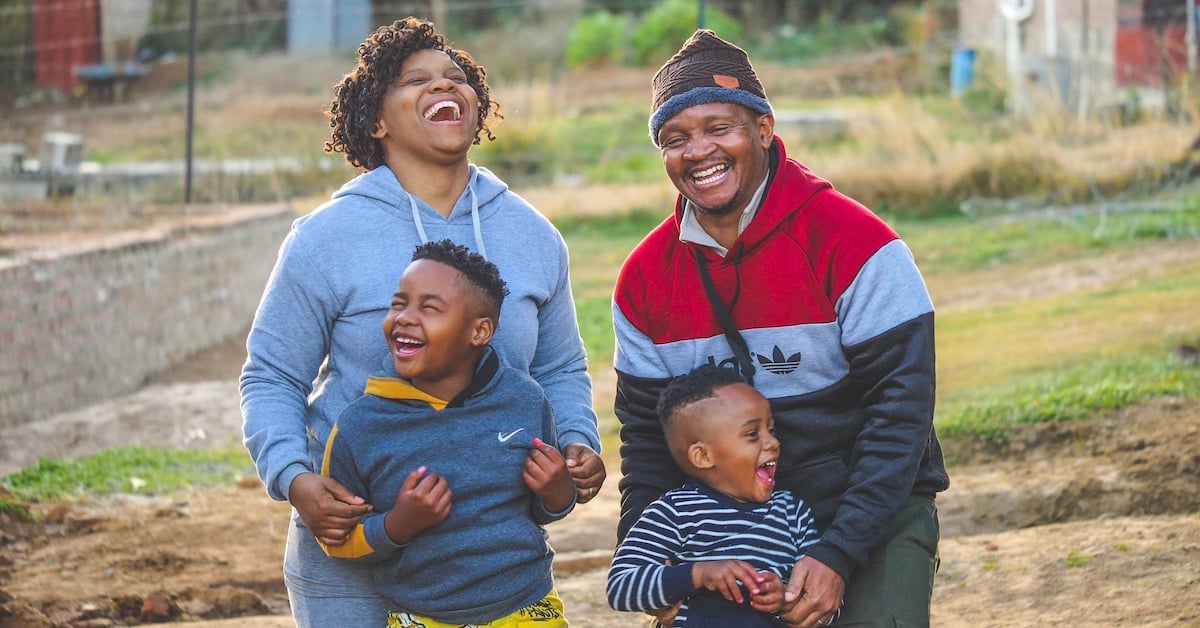
4 Ways To Care For Orphans & Vulnerable Children On Your Missions Trip
It was just so easy on my missions trip.
We could just walk in and out of an orphanage.
No time-consuming police checks or ID clearances like the kids camps at home. It was easy to go in and out, no strings attached.
And that was the problem.
Short-term missions trips are the norm for many religious organizations, but only in the last 50 years. Volunteering with global nonprofits, experiencing different cultures, and caring for orphans has never been more accessible than it is today.
But just because missions trips are accessible—doesn't mean we have to do them like they've been done before.
More and more research highlights that children thrive in family. It makes total sense. But on international missions trips, we don't always make the connection that visiting and supporting children in orphanages can keep kids from exactly that—a family.
Not only that, the global statistic is 80% of children in institutions actually have a living parent that could be caring for them. For reasons like conflict or poverty, kids are separated from their families.
This means we can't keep doing what we've done before.
So—what do you do instead?
Here are four ways to think differently when you care for orphans and vulnerable children on your missions trip.
1. Think Connection—fight for secure relationships.

It sounds counterintuitive—but truly helping kids can look like keeping your distance. Especially in orphanages. Children who have been separated from their families have experienced multiple levels of trauma. This can cause attachment disorders that make it difficult for the child to connect with a primary giver or sustain long-term relationships.
When short-term teams come in and out, it can feel rewarding for members to give lots of hugs and build "close" bonds with the kids. However, when they leave, it often magnifies the issue.
So instead—be a team that fights for secure and safe relationships. Take time to learn about healthy attachment and how to best support kids when you're only there a short time. Give high-fives, limit close physical touch, and redirect kids to their caregivers as much as possible. Once again, be aware that to truly love some kids—you might have to keep your distance.
2. Think Safety—advocate for child protection.

Background checks and media clearances get so routine that I forget why we have them in the first place. Child abuse is a reality in every country. But when a child is placed in an institution, the risk of abuse and trafficking does not go down—it often increases.
When you travel, the lack of child protection protocols can be a relief, especially when you have to go through so many hoops to get there! However, this should be a red flag, not a relief. Just because your team might not be a threat—doesn't mean the next won't be. This isn't worst-case thinking, it's the sad reality of children in at-risk situations.
Instead, take a stand for child safety. If there aren't questions being asked of your team, you might need to ask questions yourself. Go above and beyond—make sure your team is cleared to work with children, ask permission to take photos, follow safety protocols you’d follow with kids at home, and be willing to ask the hard questions. This is what love looks like, too.
3. Think Creatively—offer your experience and practical skills.

In high school, I was passionate about photography and noticed the children in villages actually loved having their picture taken. I wanted to be able to give the photo to them—but I could only show them on my camera.
So before my next missions trip, I raised money for a Polaroid-style camera. At a children's home, I took individual photos and caregivers wrote the child's name and an encouragement on it. I didn't touch the kids, barely interacted with them—it was hard. But I was able to use my passion to encourage those kids more than I realized.
What are you passionate about? What are practical skills or experiences you could offer? Sometimes organizations don't need more babies held—they need a website built. The people on your team have something unique they can offer. So, think outside of the box. You could change more than you realize.
4. Think Family—partner with community leaders and organizations to promote family-based care.

80% of kids in orphanages have a parent or family member. That means when you're on a missions trip—you're often seeing a family separation crisis, not an orphan crisis. So what can your team do?
First off, if your church or organization has existing relationships with an orphanage—honor that relationship. Don't minimize years of faithful service to vulnerable children with knee-jerk reactions. But also—don't underestimate the transformation that your team can bring.
Think big. Find organizations that advocate for family reunification and family-based care. Learn what they are doing on the ground and see what you can do to help. You’ll be surprised to find that many of these organizations started as traditional orphanages. They have years of experience to support those who are interested in moving towards this new model of care.
Finally, reach out to us at 1MILLIONHOME as we work with organizations throughout the world that are helping orphanages transform to family based ministries.
So, think differently about your missions trip.
Your team could be the catalyst to transforming a community—and it starts right here, with you.
Resources:
- Christian Alliance For Orphans: Wise Short-Term Missions
- Faith To Action: Short-Term Missions & Volunteering
- Ethical Missions Trips: Volunteering & Visiting Orphanages
- 1MILLIONHOME & YWAM Kona: Love Wisely
Photos of families used by permission from Selamta Family Project and Trust For Africa Lesotho.
Hear more from global experts on why ethical volunteering matters, and explore how to have a positive impact on your next trip:

